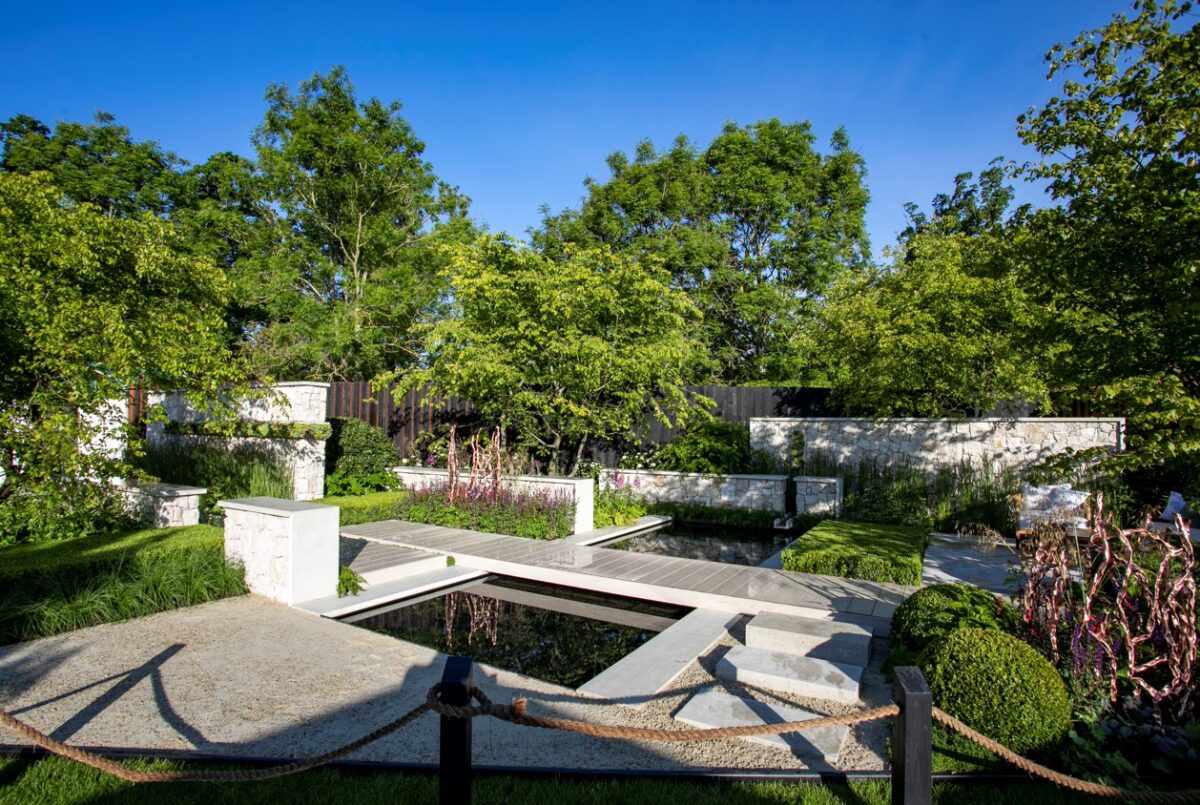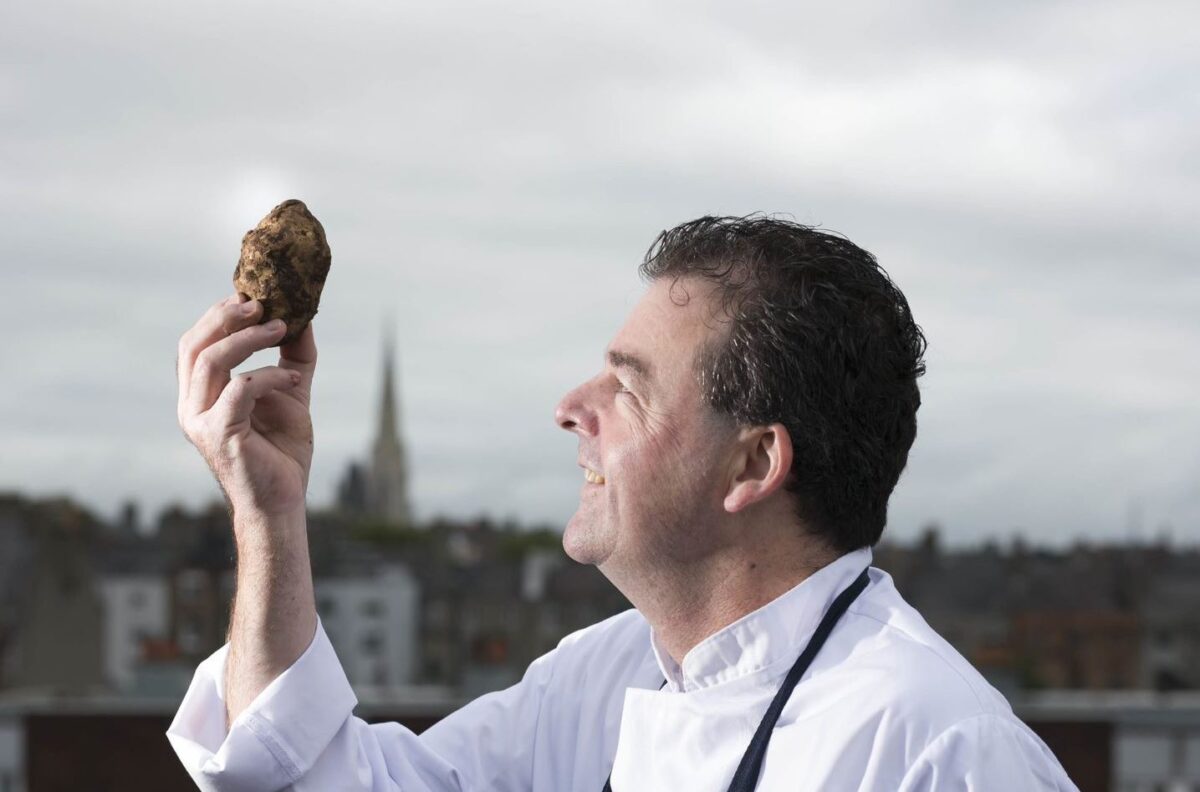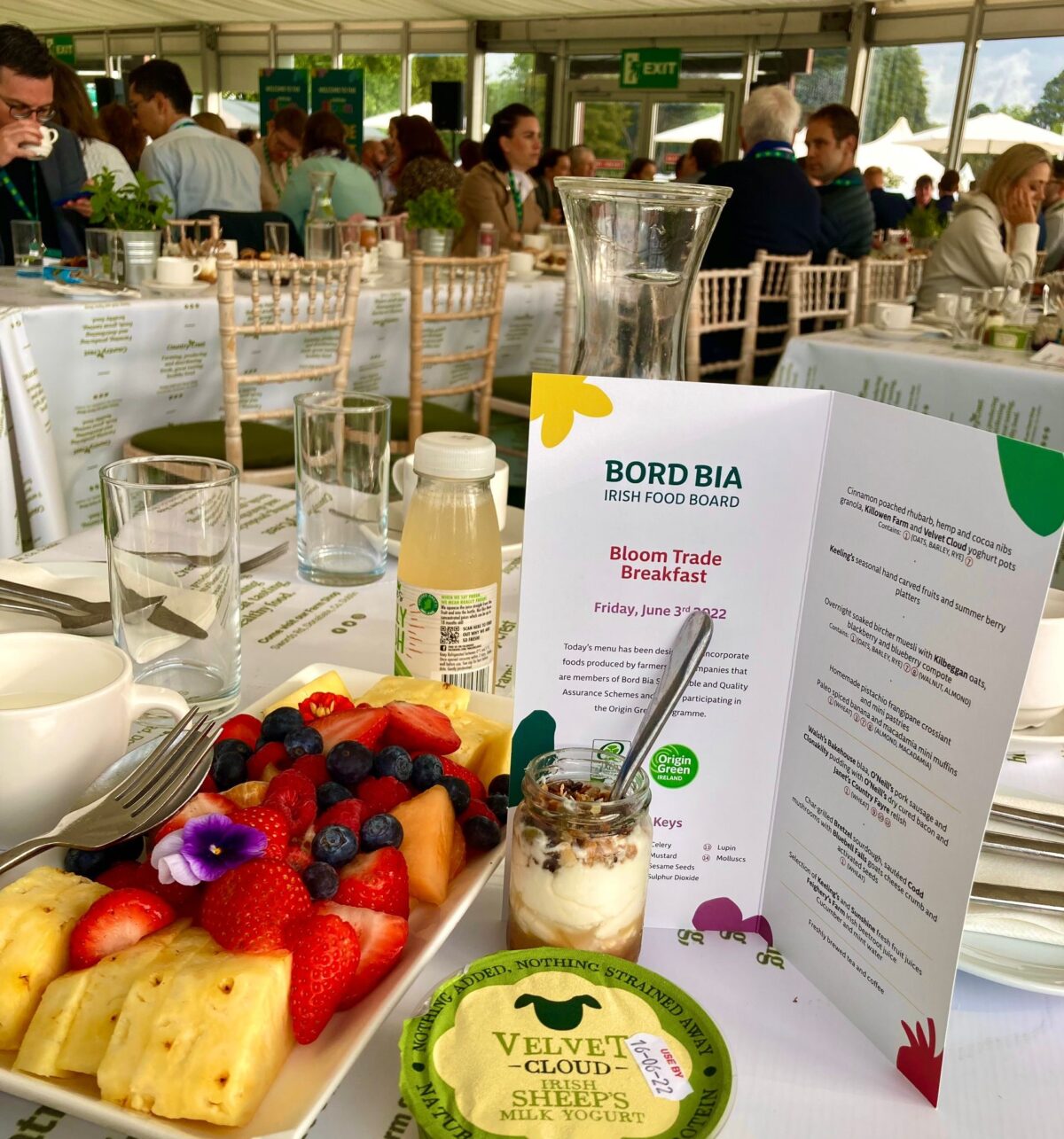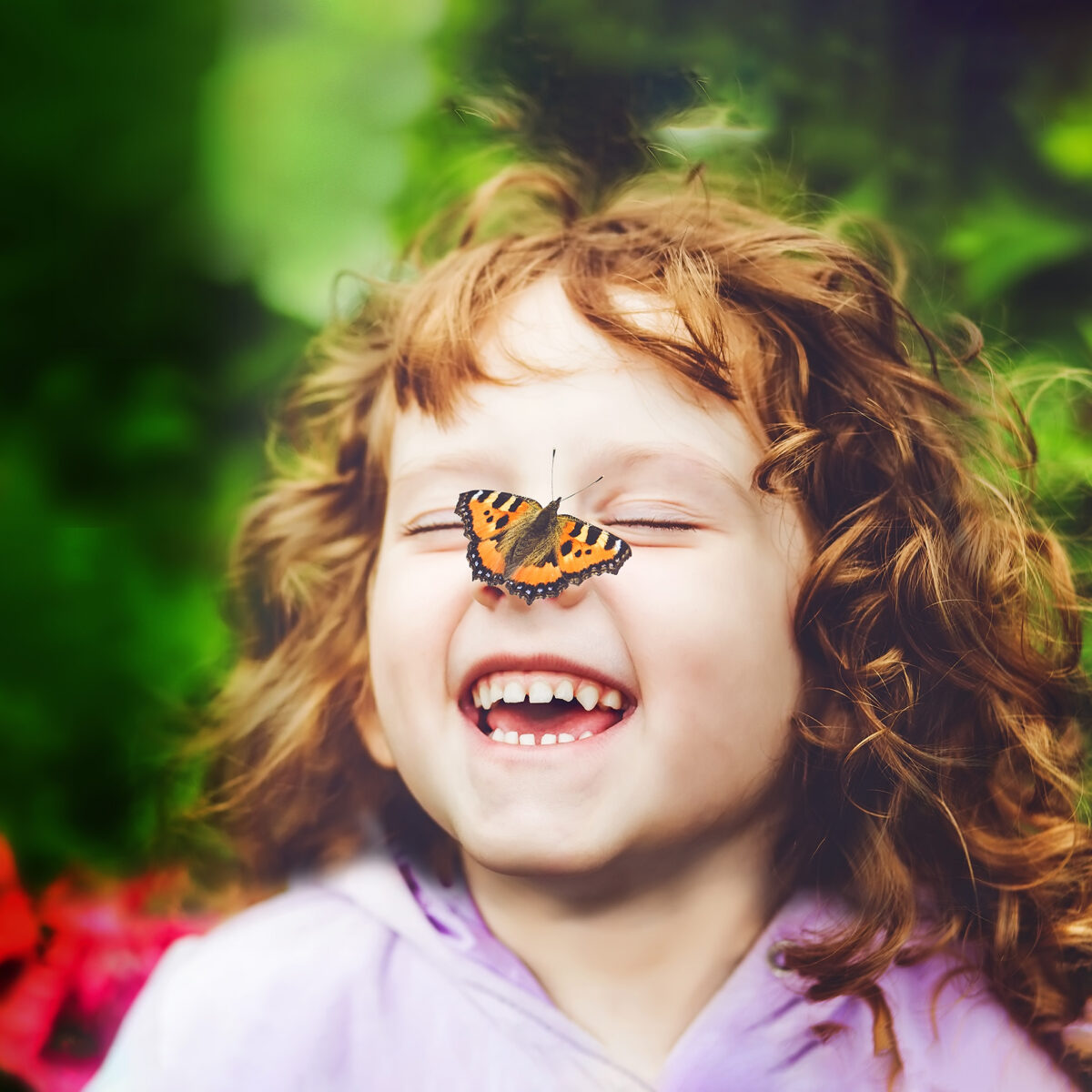

An interview with Suzanne Campbell, MC Sustainable Living Stage Bord Bia Bloom 2024
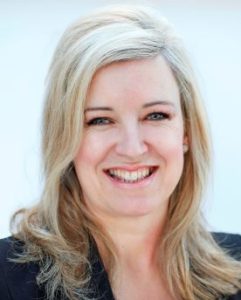
@campbellsuz
Can you tell us a little bit about yourself, and maybe the journey that has led to you MCing the Sustainable Living Stage at Bord Bia Bloom 2024?
“I work as a food and farming journalist with RTE Radio 1 and several papers in Ireland and internationally which I report and contribute to. I started in food and farming journalism on Ear to the Ground where I was a producer for several years. At that time we were only beginning to become aware of greenhouse gasses and the threat of climate change. I remember interviewing climate expert Professor John Sweeney in University of Maynooth in the late 1990s and being shocked at what the science was predicting. We are now experiencing climate change – it’s not the future, it is now. And that urgency leads to me to write, broadcast and promote sustainability goals as much as I can.”
As an advocate for sustainable living, could you share your thoughts on the most impactful sustainability trends you’re seeing in Irish food and farming today?
“I think after a very long time where we failed to react to climate warnings, Ireland is now putting measures into place but we have so much catching up to do. I’m impressed recently with Teagasc and the MACC curve, their Signpost Farms programme and measures to reduce greenhouse gasses from the agriculture sector. I think farmers are being really open to adopting greener strategies despite the heavy load that has been placed on their shoulders. I’d love to see the transport sector doing much more and us as consumers – we are definitely aware of being more sustainable in how we shop and in what we eat but again I think we can still do a lot more.”
In your extensive experience as an author and broadcaster, what changes are you anticipating in the way we produce and consume food over the next decade?
“We are already seeing consumers looking for more local food not just as a niche purchase but in terms of understanding that local food has less emissions but also boosts the income and sustainable food picture of their locality, county or region. I have adopted a “less meat but better meat” strategy in my own home; eating more vegetables and less meat but finding local meat at my butchers of better quality, always buying free range chicken and putting more effort into what I buy. We are aware now that eating strawberries at Christmas for example is not seasonal and these foods are imported. They also taste completely different to what they should taste like in season! So that emphasis on seasonal food is more widespread now from food writers, chefs and the work that Bord Bia does in highlighting Irish seasonal foods. I see more consumers latching onto this and looking for Irish seasonal produce more often.”
What role do you believe home gardening plays in the broader context of sustainability, and what sustainable gardening practices are you most excited about right now?
“I planted my own garden vegetables a bit later this year as the weather was so bad! If you garden, you are especially aware of how much the climate is changing, let alone the impact on farmers sowing crops this spring and in the horticulture sector – it brings home how challenging it is to produce food. I am really interested in the soil microbiome and composting. I had never made the best compost but this year I took a section of it to a new location, added worms and it is now amazingly good compost. I did some work with NOTS the National Organic Training Skillsnet last year on research and actions on the soil microbiome – adding microorganisms to soil. There is huge potential there to energise soils that are not performing. It was fascinating to see growers in Europe, the US and Australia using these techniques and it has massive potential to grow food with less inputs which in itself saves on GHG emissions.”
Could you highlight some innovative sustainable food products or initiatives you’ve come across recently that might pique the interest of our festival-goers?
“Having a small amount of biodiversity in your daily life is something we can all achieve and there’s great exhibits on this at Bloom every year – planting flowers that bees love, growing small amounts of your own food – even herbs on a balcony, feeding the birds outside your window – really small measures that give us a connection to nature, biodiversity and food that has a positive impact on our physical and mental wellbeing. The festival is also a great showcase for artisan food producers who can be in your local area but you might not know about. Every year I come across new products whether it’s a cheese, a chutney or a kombucha that are made by small businesses. They taste fantastic and by buying local food and drink we are strengthening the network of Irish-made products.”
When it comes to drinks, sustainability is increasingly on the agenda. What sustainable initiatives in the brewing and distilling industries have caught your attention?
“Happily, I think most businesses in the Irish drinks sector are quite engaged with sustainability issues. I’m very interested in breweries and distilleries pairing with food producers to utilise spent grains, drinks businesses using renewable energy and also being part of the Water Stewardship Programme. As so much of our drinks production is exported, having this clean, green story needs to be real and not just something that is an add on. It’s not just a mark of sustainable production but something that should be become ordinary practice in our drinks sector. “
From your perspective, how are consumer attitudes towards sustainability in food and drink evolving, and how should producers respond?
“I think food producers are getting really good in Ireland at telling a story – the story of themselves, their locality – the story of the food itself. People respond to people, and when they know who is behind a product they feel more connected to it. Also having more sustainable measures in food production really matter now – using renewable energy, being organic, minding waterways, increasing biodiversity – these are all important messages to the consumer that the producer cares about the environmental impact of their product.”
As the MC of the Sustainable Living Stage, what part of the festival are you most looking forward to checking out are you most looking forward to, and why?
“I love Bloom and I’ve been coming since the very first festival. I think I’ve only missed one year! I’m a Bloom nerd and go exhaustively around every exhibit and always learn something new whether it’s a new artisan food producer I come across, an innovative use of resources in gardening, the OPW walled vegetable garden and I always look in on the livestock at Agri Aware. It’s lovely to have animals at the festival in Dublin and gives it that link to something we do really well in Ireland – the rural agricultural shows.”
Visit the Sustainable Living Stage at Bord Bia Bloom this June bank holiday weekend. To stay up-to-date with news on the show gardens, and the many other fun aspects of Bloom, please stay tuned to our social channels @BordBiaBloom. Tickets to this year’s festival are available here.








